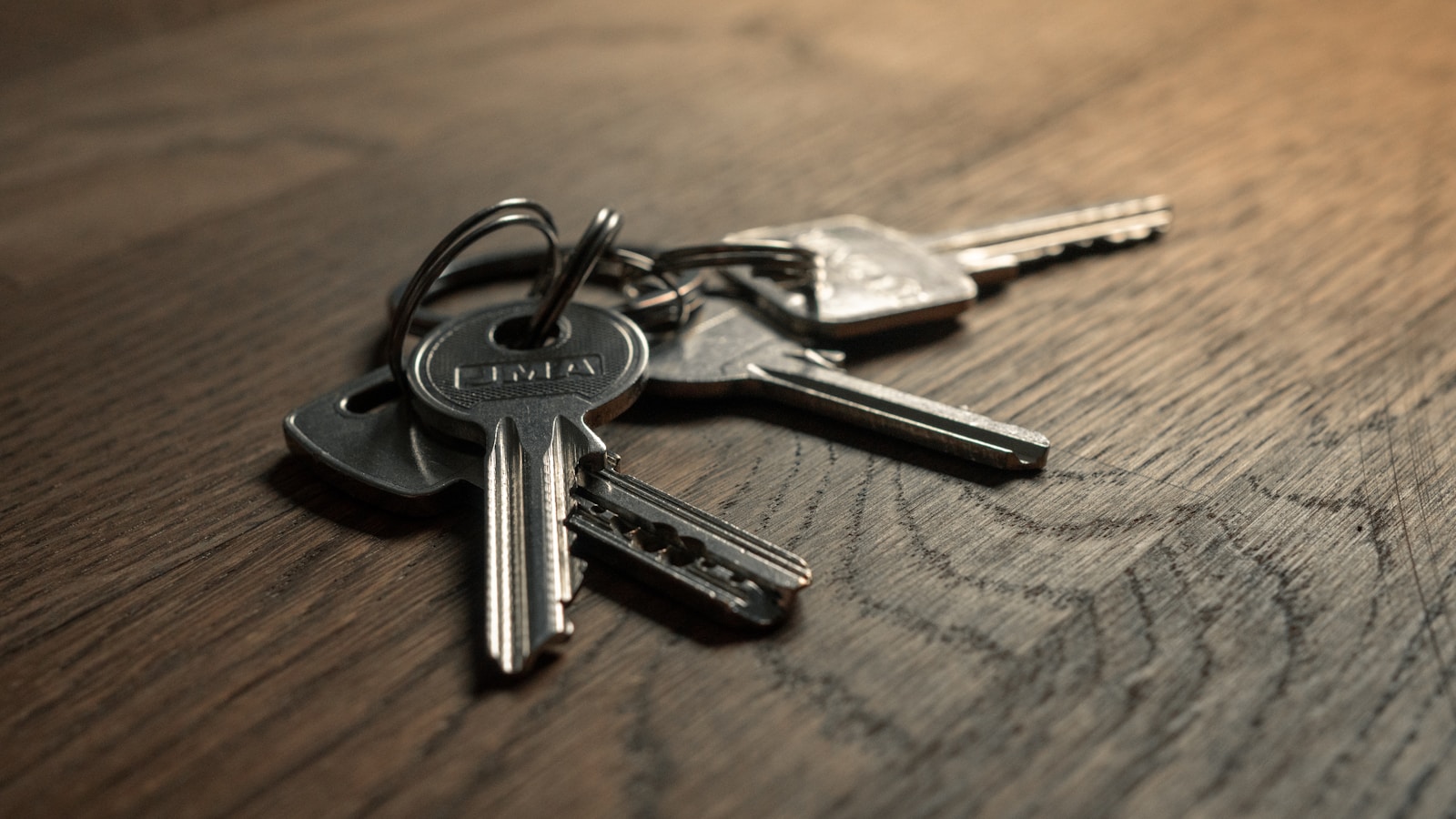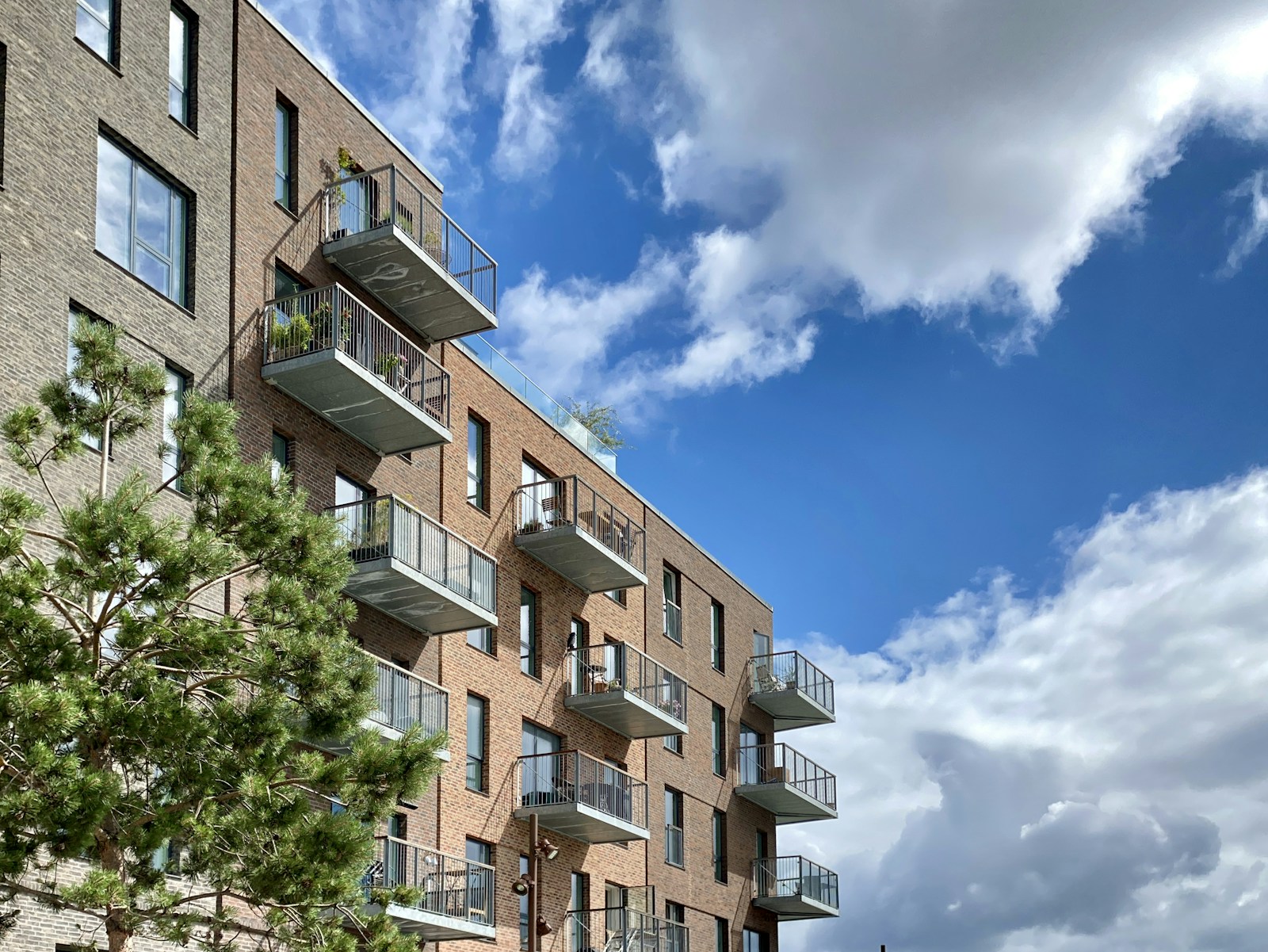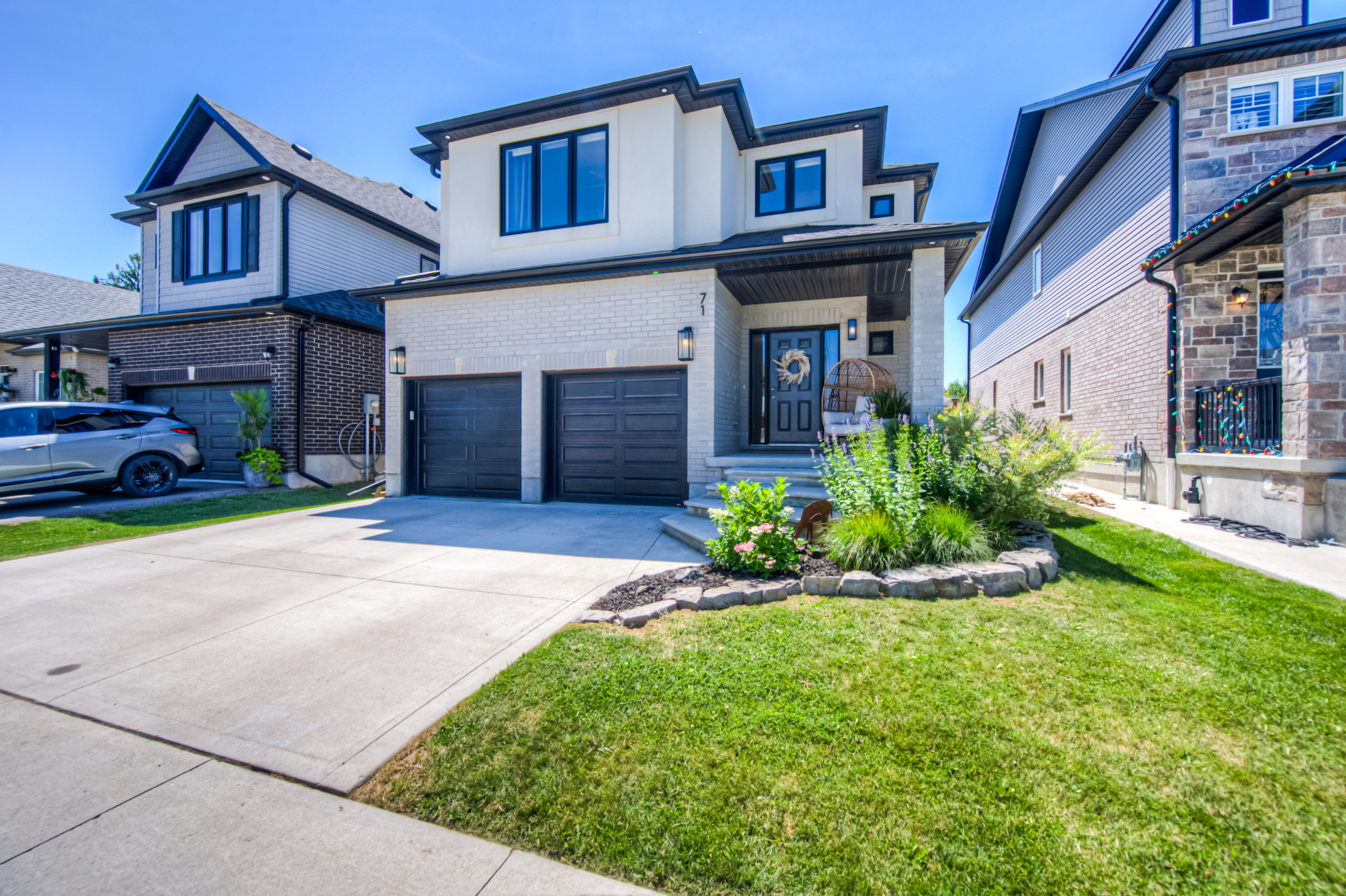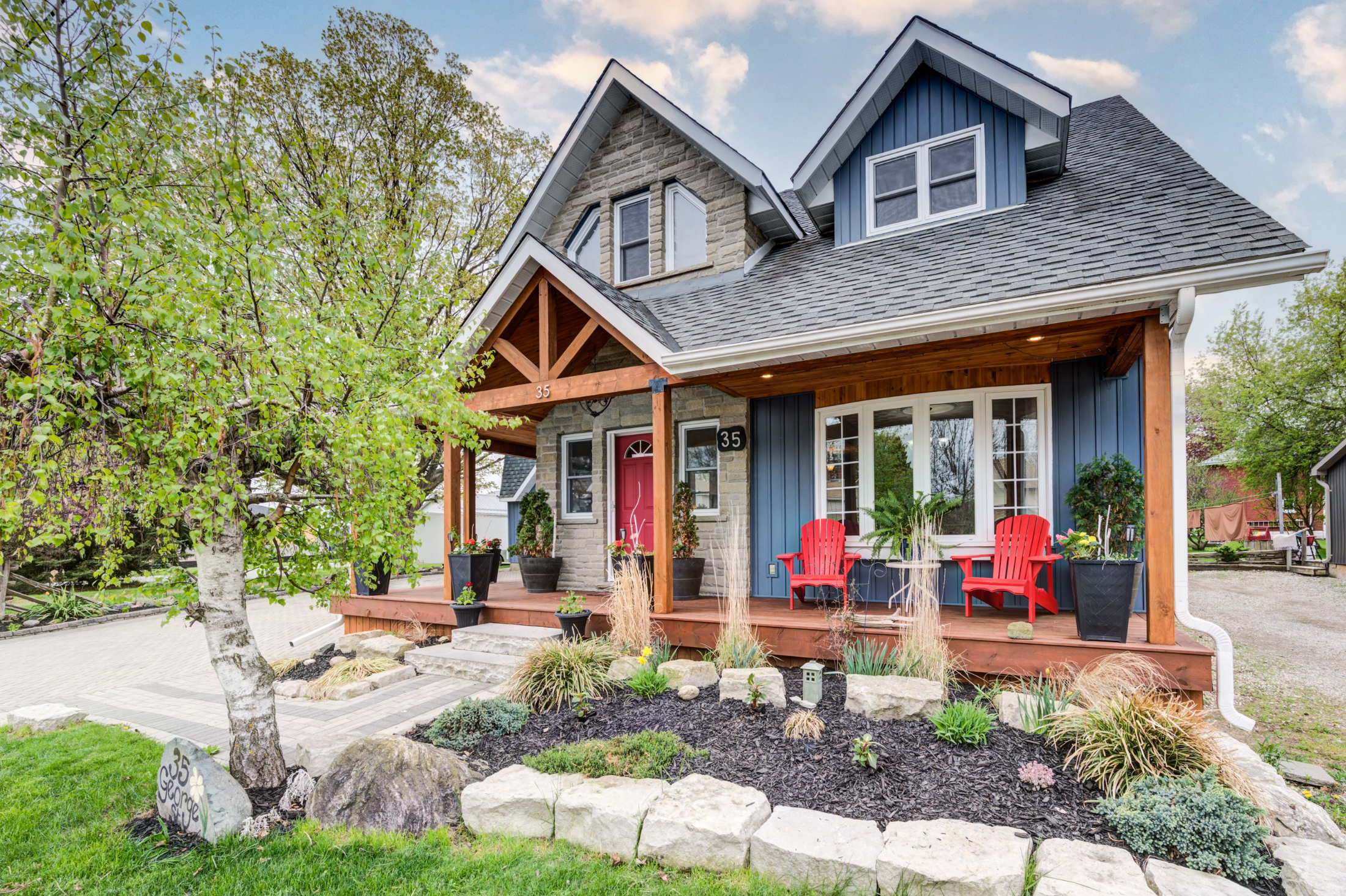Posted on
August 26, 2025
by
Charlotte Ferguson
Open House: Sunday, August 31, 2025 • 1–4 PM
Where: 71 Galena Street, Wellesley, ON
If your heart says small town but your life needs quick access to the city, welcome to 71 Galena Street in Wellesley. This beautifully decorated home pairs that postcard-perfect village feel with easy drives to the places you work and play: you’re about 20 minutes to Waterloo, Kitchener, or Stratford—close enough for a simple commute, far enough to exhale.
First Impressions: Bright, Airy, and Thoughtful
Step inside and you’ll notice the difference immediately:
Shiplap accent walls add warmth and texture without feeling heavy
Tall ceilings lift every room
Thoughtfully placed windows flood the home with natural light—morning coffee suddenly tastes better
The layout flows with ease—gather in the living room, drift to the dining area, and spill into the kitchen without losing the conversation. It’s the kind of plan that makes weeknights efficient and weekends effortless.
That Backyard Though 🌿
Out back is your private retreat: a gorgeous, landscaped yard with room to host, roam, or just be. Think: patio dinners, lawn games, and golden-hour glow. If you’ve been craving an outdoor space that invites you to stay awhile, this is it.
Why Wellesley Works
Wellesley brings small-town charm—friendly sidewalks, local spots, and a gentler pace—without asking you to sacrifice convenience. Groceries, coffee, parks, and schools are close by; city amenities are a quick, no-stress drive away. It’s the “best of both” that’s getting harder to find.
Mortgage With Char — Friendly Math (Illustrative Only)
A quick look at how many buyers frame affordability. (Not a rate quote—OAC, subject to change.)
Assumptions: Example price $950,000 (for illustration), 4.79% 5-yr fixed, 25-yr amortization for insured options; 30-yr available on some conventional (20%+ down). Insurance premiums may apply to insured files.
| Scenario | Down Payment | Insured? | Est. Mortgage | Approx. Monthly (P&I) |
|---|
| Insured | 10% ($95,000) | Yes | ~$881,505 (incl. premium) | ~$5,046/mo (25-yr) |
| Insured | 15% ($142,500) | Yes | ~$830,110 (incl. premium) | ~$4,752/mo (25-yr) |
| Conventional | 20% ($190,000) | No | $760,000 | ~$4,350/mo (25-yr) • ~$3,983/mo (30-yr) |
These figures are for illustration only and exclude taxes, heat, insurance, etc. Not a commitment to lend. OAC. Rates/terms subject to change.
Want a custom breakdown?
Come See It in Person
Open House: Sunday, August 31, 2025 • 1–4 PM
Or book a private tour that fits your schedule.
Call/Text: Charlotte (REALTOR®) 519-575-1804 • Nathan (REALTOR®) 226-929-6369
Magnolia Group Realty | Powered by Coldwell Banker Peter Benninger Realty
508 Riverbend Dr, Kitchener, ON N2K 3S4 • MLS®
PS: If you’re comparing country-adjacent communities, add Wellesley to the top of your list—71 Galena Street shows exactly why.












